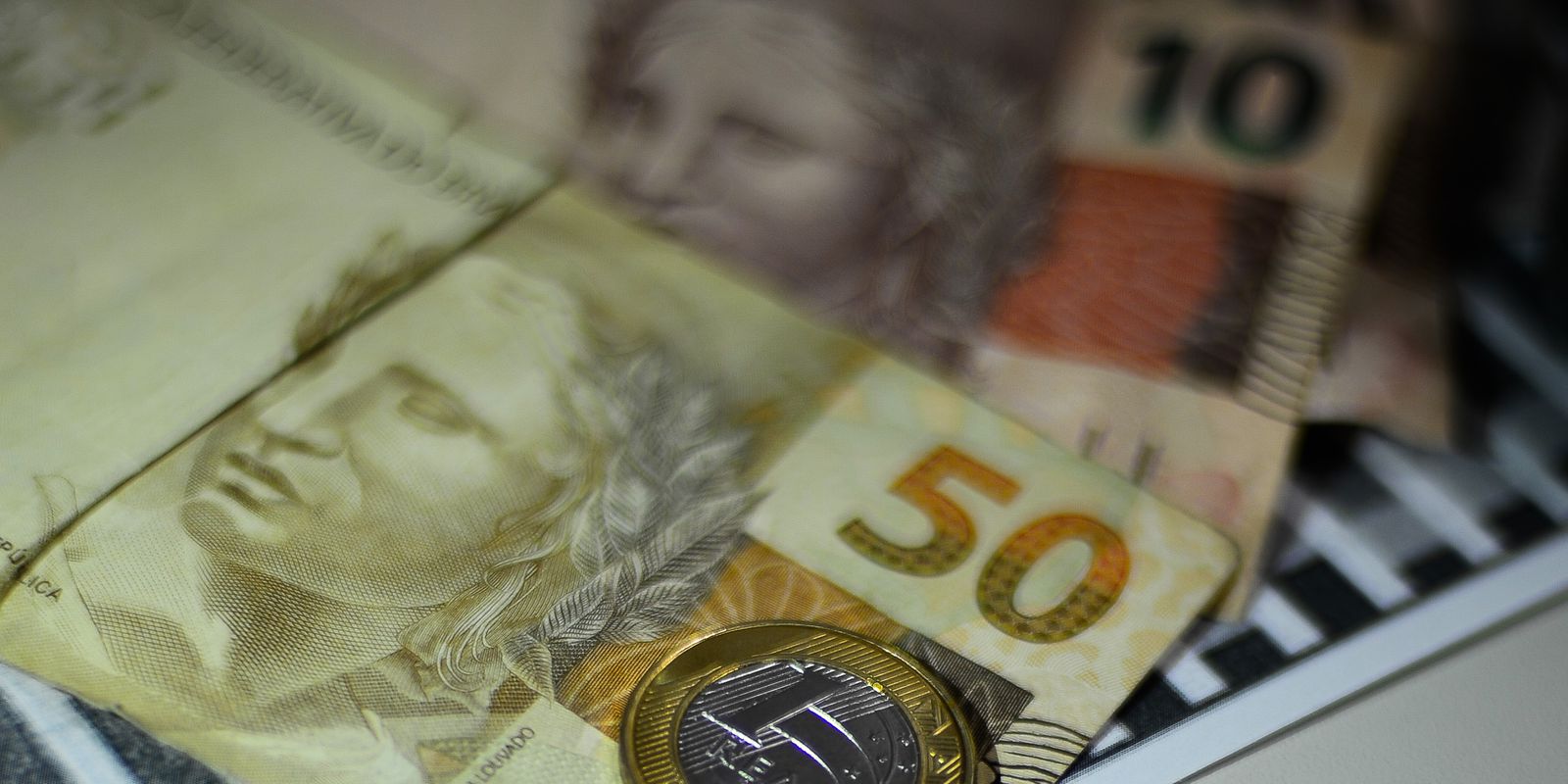Pressured by the end of emergency aid, by low incomes and by the greater indebtedness of Brazilians, the savings account registered, in 2021, the third largest net withdrawal in history. Last year, investors took out R$ 35.5 billion more than they deposited, reported today (6) the Central Bank (BC).
The net withdrawal – the difference between withdrawals and deposits – was only not greater than that registered in 2015 (R$ 53.57 billion) and in 2016 (R$ 40.7 billion). In those years, the strong economic crisis led Brazilians to withdraw funds from the application.
In 2020, the book had registered net capitation – difference between deposits and withdrawals – a record of R$ 166.31 billion. In the year before last, the payment of emergency aid of R$ 600, deposited in digital savings accounts, inflated the savings balance. The instability in the financial market at the beginning of the covid-19 pandemic also temporarily increased the applications in the passbook.
Despite the negative result for the year, in December, Brazilians deposited BRL 7.66 billion more than they took out of savings. The value is 62.8% lower than the net inflow of R$ 20.6 billion registered in December 2020. Traditionally, Brazilians deposit more in the passbook in December, due to the payment of the second half of their thirteenth salary.
The application started 2021 in red. From January to March, Brazilians withdrew BRL 27.54 billion more than they deposited, influenced by the end of emergency aid. With the payment of the second round of the benefit, the situation changed. Deposits exceeded withdrawals from April to July.
As of August, the passbook returned to recording more withdrawals than deposits. Even with the continuity of payment of emergency aid until October, Brazilians continued to withdraw. The income below inflation led to migration to other investments. At the same time, the high indebtedness of families led to withdrawals to compensate for urgent expenses.
Performance
Until early December, savings accounted for 70% of the Selic Rate (basic interest rate for the economy). Last month, the investment started to yield the equivalent to the reference rate (TR) plus 6.17% per year, because the Selic was once again above 8.5% per year. Currently, the basic interest is at 9.25% per annum.
The increase in interest, however, was insufficient to make savings outperform inflation. In 2021, the investment yielded 2.99%, according to the Central Bank. In the same period, the National Consumer Price Index-15 (IPCA-15), which works as a preview of official inflation, reached 10.42%. The full 2020 IPCA will be released next Tuesday (11) by the Brazilian Institute of Geography and Statistics (IBGE).
















